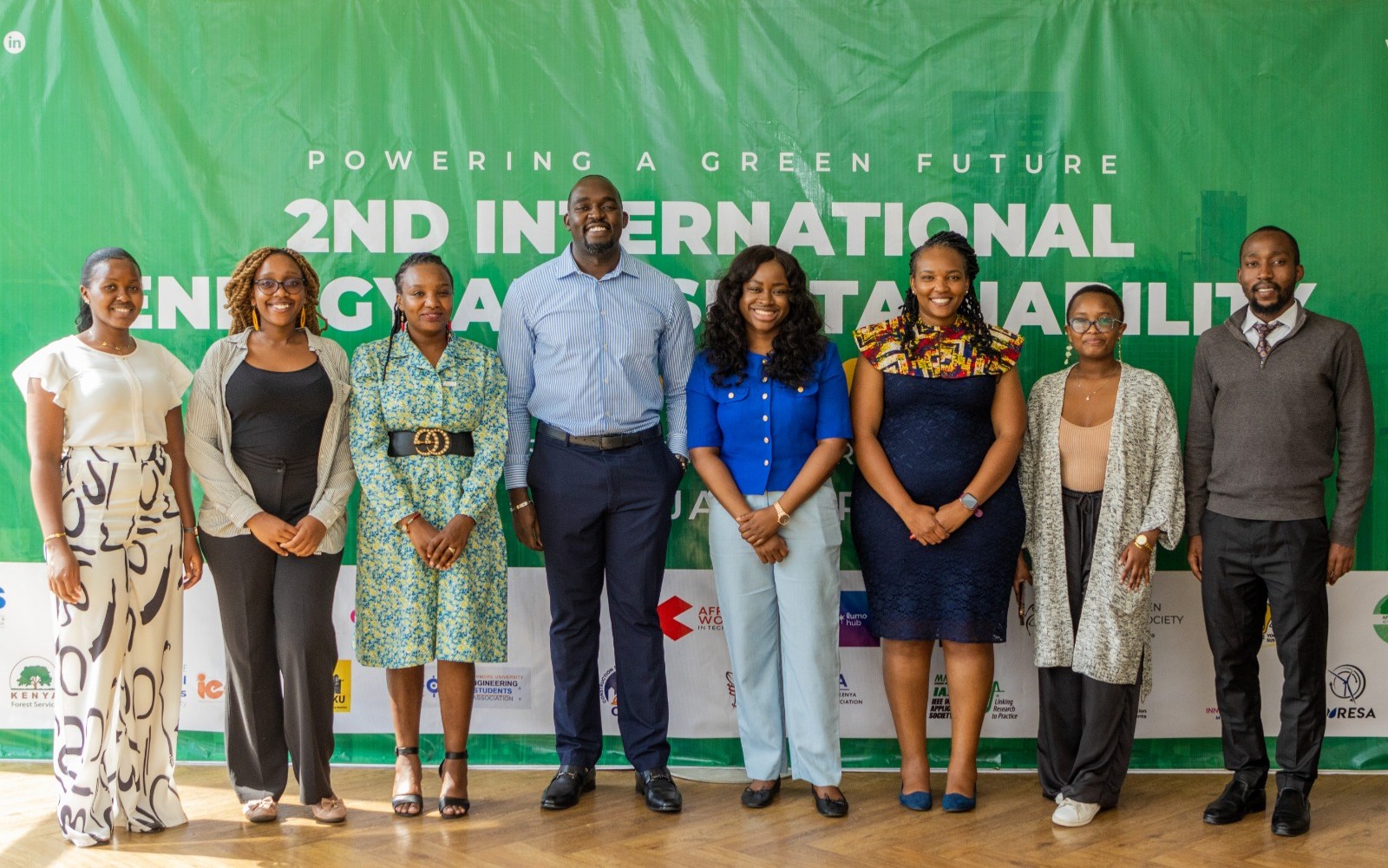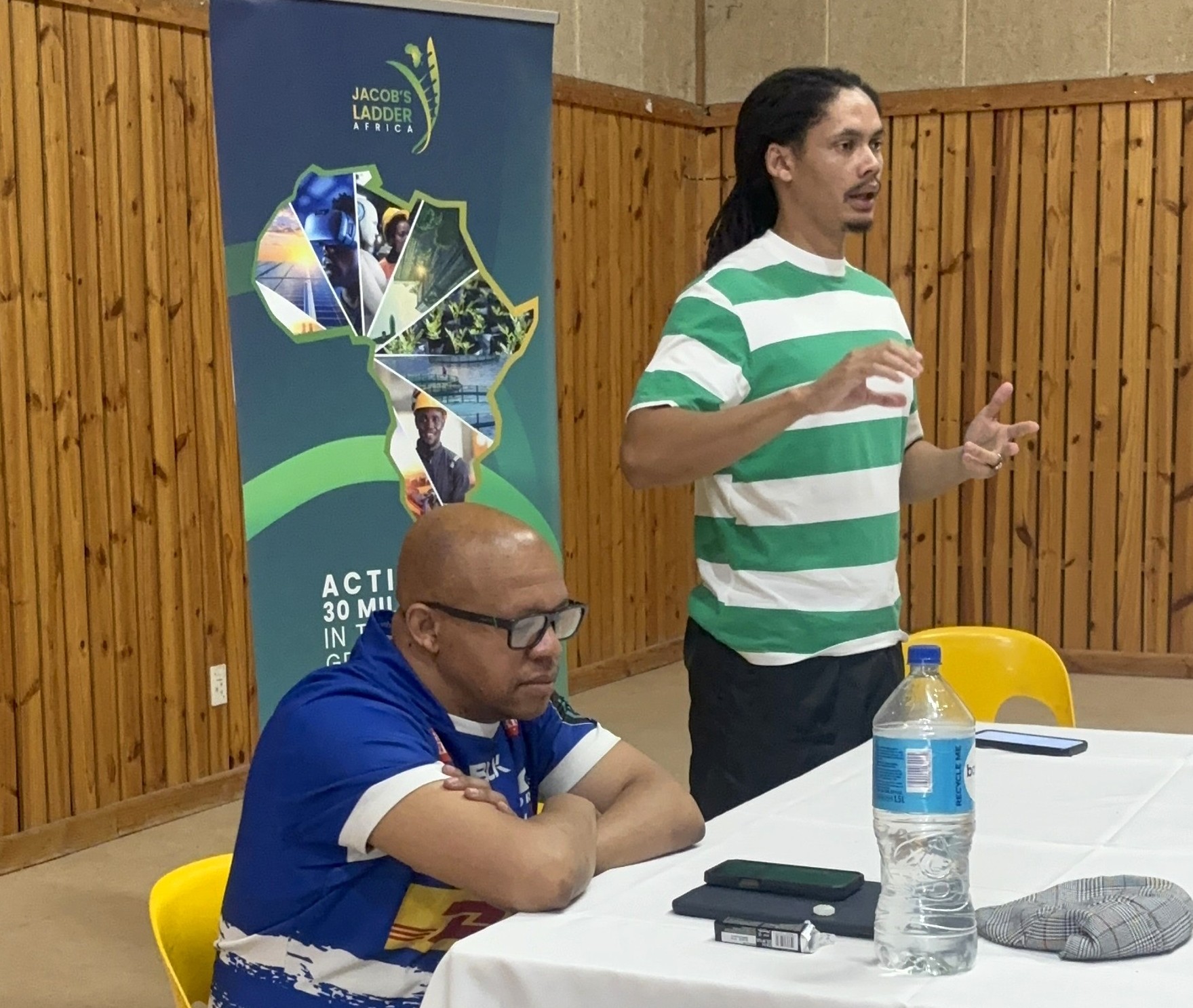The challenges posed by climate change require a multifaceted approach, that transcends traditional academic discourse, high level conferences and summits and instead taps into the emotive power of creative expression to bring understanding around these pressing issues to mobilize real change.
The inaugural Africa Climate Summit (ACS) and COP28 in 2023 offered crucial platforms for galvanizing global action and securing commitments towards climate action for the continent. However, there has remained a chasm in cascading this knowledge to different audiences in a comprehensible manner. For an adequate translation of these pledges into tangible benefits for African citizens and accountability for the same, innovative approaches that focus on and resonate with local communities are required.
The intersection between climate change and the creative economy is little understood, which may be a possible cause of the current gap in understanding by the public.
The Africa Climate Ambassadors Programme (ACAP) in collaboration with GIZ, sought to close the barrier through a recent campaign to break down the ACS and COP28 outcomes and commitments. This was done through a multimedia campaign to release insightful and creative content across multiple platforms in line with ACAP’s six core pillars.
Effective climate communication requires a data-led and emotive approach in order to resonate with the intended audiences. By sharing personal stories, fostering a sense of collective responsibility, and embracing vulnerability, we can create a powerful connection with our audience. Rather than positioning ourselves just as experts with all the answers, we need to approach climate change as a shared challenge that requires collaboration and a willingness to learn together. This can be done through evocative imagery, authentic conversations and immersive storytelling that transports people to the heart of the issue, inspiring empathy and action.
The creative economy encompasses diverse sectors including the arts, media, and
entertainment, and more which possess the power to shape perceptions, inspire action, transform culture and drive social change. Utilizing an array of multimedia tools, from film and digital media to captivating storytelling, can be a powerful means of breaking down complex climate-related topics and fostering a deeper understanding among the public.
By formulating and integrating climate change narratives into creative content, deeper understanding of crucial climate issues can be achieved by a broader audience. The need for “emotionalization” in climate communication, while potentially problematic from a purely scientific standpoint, opens up new avenues for engaging wider audiences and maximizing “narrative impact” also given that storytelling is a cornerstone of African culture, and can be employed to humanize the impacts of climate change.
Connecting global climate information to local and particular contexts must now become a priority for driving meaningful climate action. This will translate the topic from an abstract theory in the mind and become a cause they resonate with personally and therefore, engage with and rally around.






